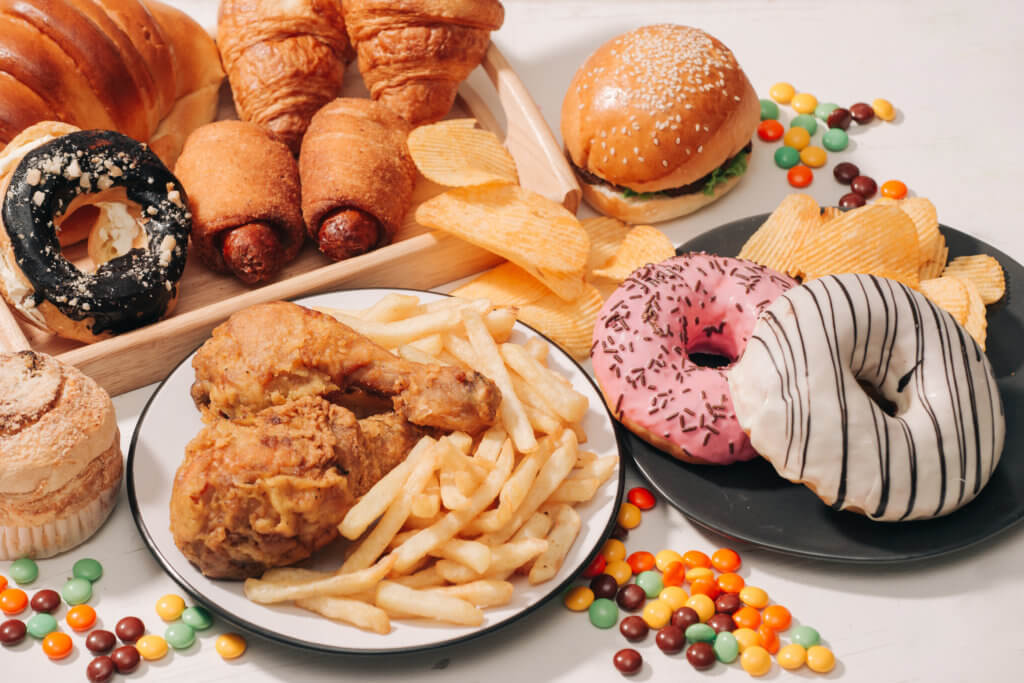BOSTON — A new study reveals that a diet rich in ultra-processed foods such as bacon, sausages, and artificially sweetened drinks may increase your chances of suffering from depression. The research focused on over 31,000 American women and found a strong link between poor dietary habits and depressive tendencies.
Ultra-processed foods (UPF) typically contain five or more ingredients, including additives and preservatives that you wouldn’t normally use in home cooking. These foods also have longer shelf lives and are high in saturated fats, salt, and sugar. UPFs range from mass-produced bread and breakfast cereals to fizzy drinks and some alcoholic beverages like whiskey, gin, and rum.
The research was led by Dr. Raaj Mehta of Harvard Medical School and Massachusetts General Hospital. The team used data from the Nurses’ Health Study II, which tracked middle-aged women who initially did not have depression from 2003 to 2017. The participants’ diets were assessed every four years using food frequency questionnaires, a common tool used to evaluate people’s long-term dietary habits.

The team found that women who ate a higher proportion of UPF had greater BMIs, were more likely to smoke, had an increased prevalence of comorbidities like diabetes and hypertension, and were less likely to exercise regularly.
The study looked at two definitions of depression: a strict definition requiring clinically-diagnosed depression and regular use of antidepressants and a broader definition that included a clinical diagnosis and/or antidepressant use. After adjusting for factors like age, exercise habits, and income, the researchers found that those with the highest consumption of ultra-processed foods had an increased risk of depression by both definitions.
They also discovered that individuals who decreased their consumption of ultra-processed foods (UPFs) by at least three servings daily had a decreased likelihood of developing depression compared to those who kept their UPF intake constant over four-year intervals.
While the exact mechanism linking UPF to depression remains unclear, the study suggests that artificial sweeteners might affect the brain’s chemistry, possibly leading to depression.
In a media release, the team further explains that while the exact relationship between ultra-processed foods (UPFs) and depression is not yet clear, recent studies hint that artificial sweeteners may trigger purinergic signaling in the brain. This could play a role in the onset or development of depression.
The findings are published in JAMA Open.
You might also be interested in:
- Eating processed foods high in ‘E numbers’ can lead to heart disease
- Junk foods put the ‘die’ in ‘diet’: Ultra-processed foods linked to early death
- Our brains may be wired to seek out junk food, scientists say
South West News Service writer James Gamble contributed to this report.


Because I love my wife and want her to be happy & healthy, I am sacrificing myself by eating her portion, along with mine (of course) of ultra-processed foods from now on; especially the bacon. No need to thank me, dear. Just another sign of my love for you…